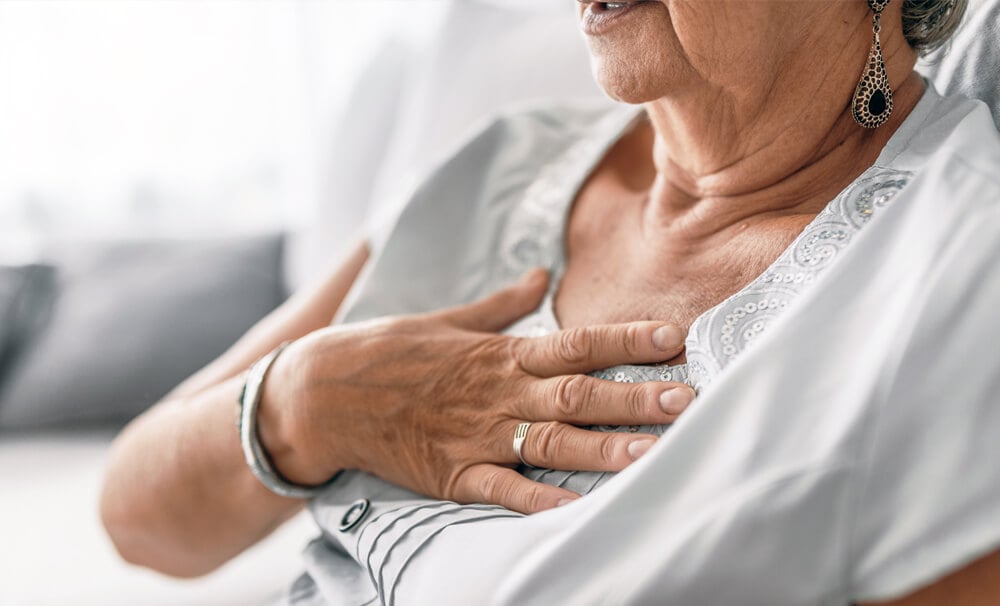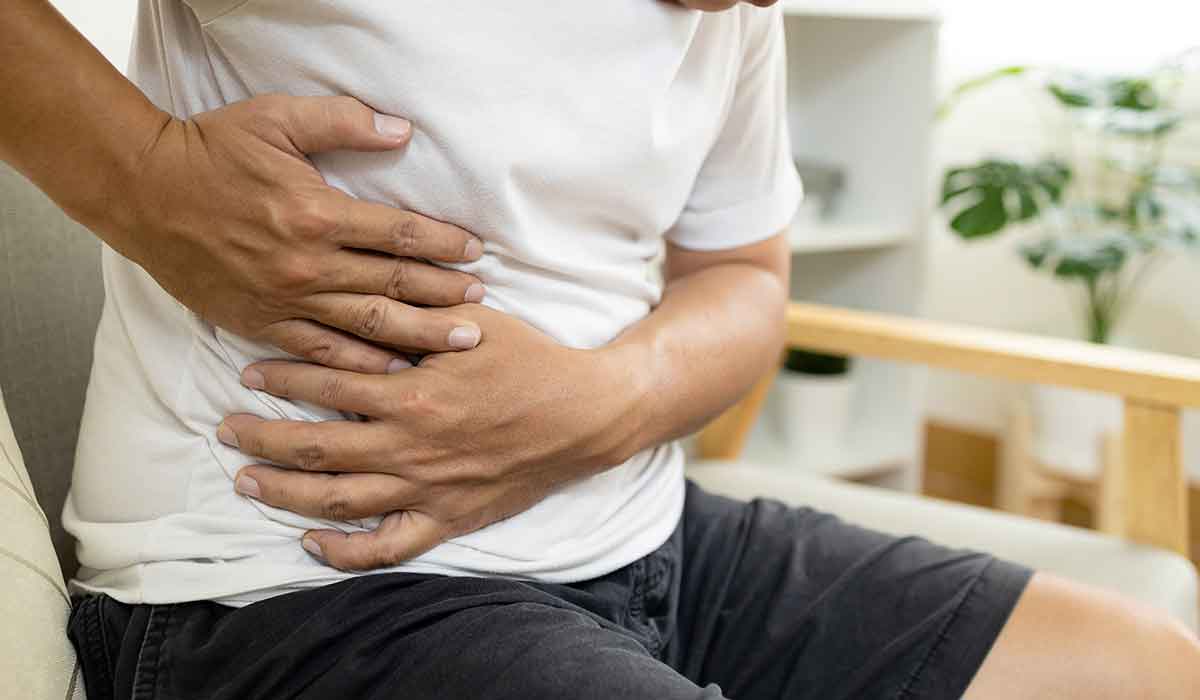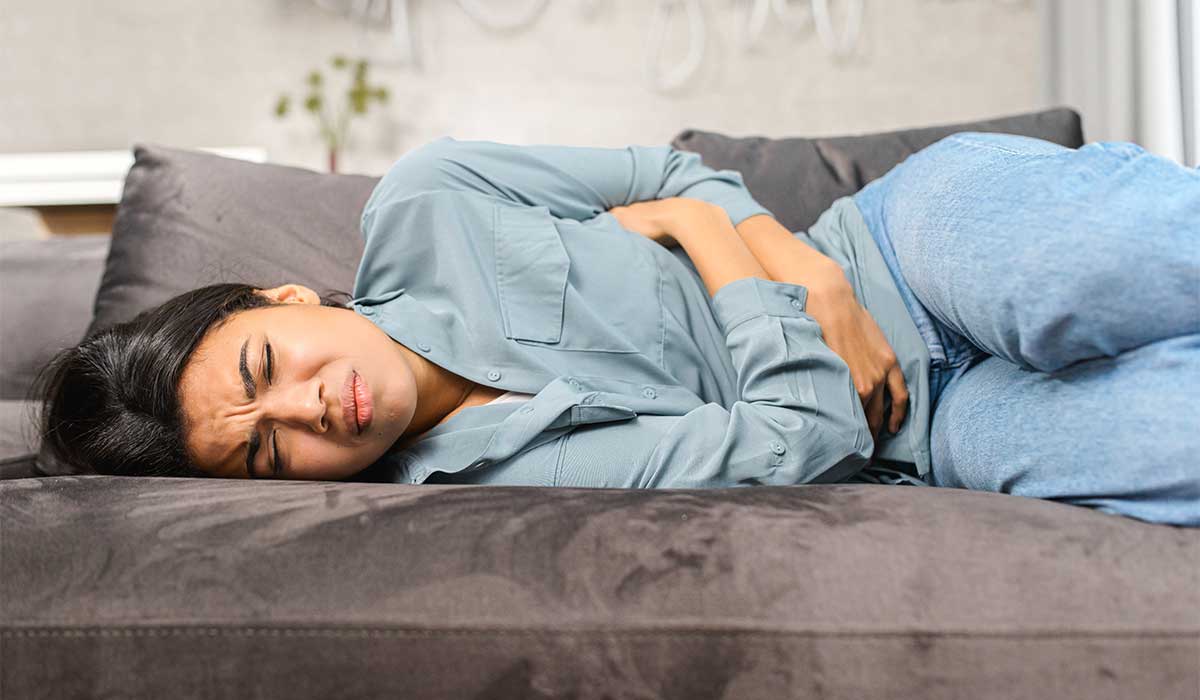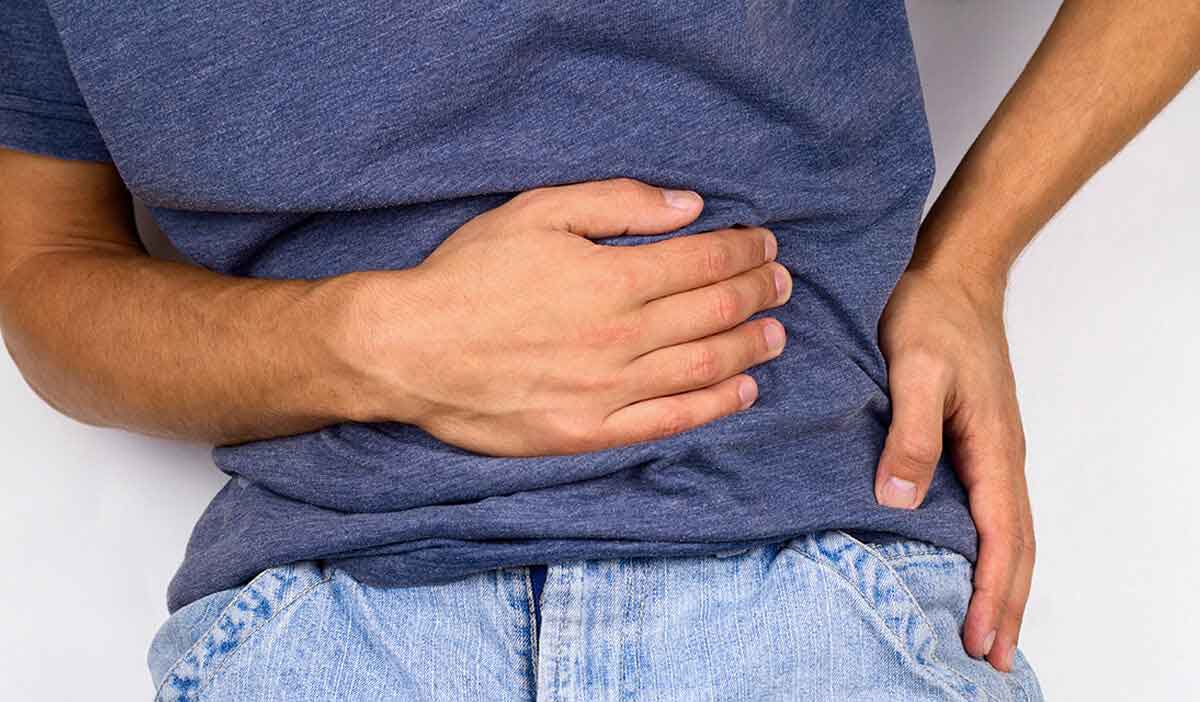What is an endoscopy? In the most simple terms, an endoscopy is a test that helps your doctor learn more about what’s going on inside your body.
An upper endoscopy specifically is a highly-accurate, nonsurgical procedure used to investigate problems related to your digestive health that is used to identify the presence of polyps, cancerous tumors, ulcers, inflammation, and other damage to your stomach or digestive tract.
In some instances, the procedure is more effective for detecting abnormalities and problems in the upper digestive system than X-rays and other types of imaging.
Keep reading to learn more about what happens during an upper endoscopy and what the procedure can detect.

Purpose of an endoscopy
If you are over the age of 50, your doctor may recommend getting upper gastrointestinal endoscopy.You may also need this medical test if you have:
- noticed blood in your stool
- chronic nausea
- feel severe pain in your abdomen
- experience chronic heartburn or chest discomfort
- been diagnosed with other digestive problems
- trouble swallowing
- intense acid reflux
- long-term constipation
- a family history of colon cancer
How do you prepare for an endoscopy?
In order to do the procedure, you need an empty stomach. That’s why your doctor will request that you do not eat or drink anything for at least six hours before your endoscopic procedure.What happens during an endoscopy?
During an upper endoscopy procedure, a general surgeon gently inserts a flexible tube into your throat and down your esophagus. This tube, called a scope, has a tiny camera and light at its tip. You’ll lay on your left side during the procedure, and you’ll be awake, but you’ll receive a sedative to feel more relaxed during the test since it makes some patients feel slightly uncomfortable.
The actual procedure typically takes around 10 to 15 minutes.
What can I expect after an endoscopy?
Once the drugs used for your sedation wear off, you’ll be released so that a friend or family member can drive you back home to rest for the remainder of the day.
It is rare for patients to experience any severe side effects after having an upper endoscopic procedure, and most find any discomfort minimal, short-lasting, and similar to having a temporary soreness in your throat.
Although it’s considered a safe procedure, there is always a chance for a few potential complications (including infection, bleeding, reaction to sedation, or a tear in your gut wall or esophagus). If you notice any severe symptoms after the procedure, please seek emergency medical care immediately.
Don’t hesitate to ask your doctor or specialist more questions if you have any worries about your upcoming procedure.
General Surgery at Logansport Memorial Hospital
Here at Logansport Memorial Hospital, we have a team of three board-certified general surgeons. Dr. Shannon Davis, Dr. Michael Lalla, and Dr. Todd Weinstein are all here for any of your general surgery needs, including upper endoscopies.
Let us take care of you.
For additional questions about endoscopic procedures, or to meet with one of our LMPN Surgical Services physicians, call (574) 753-2222.



